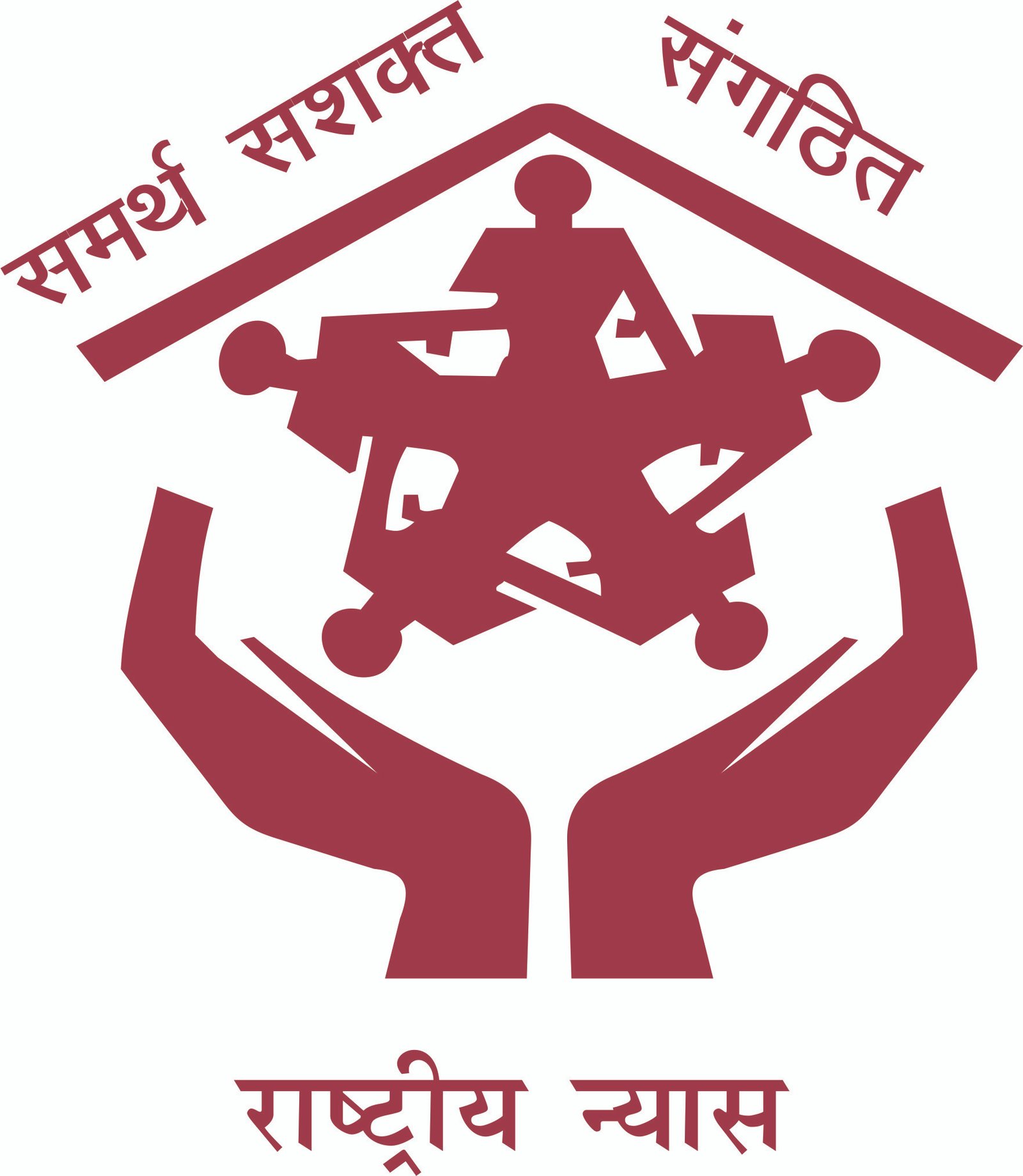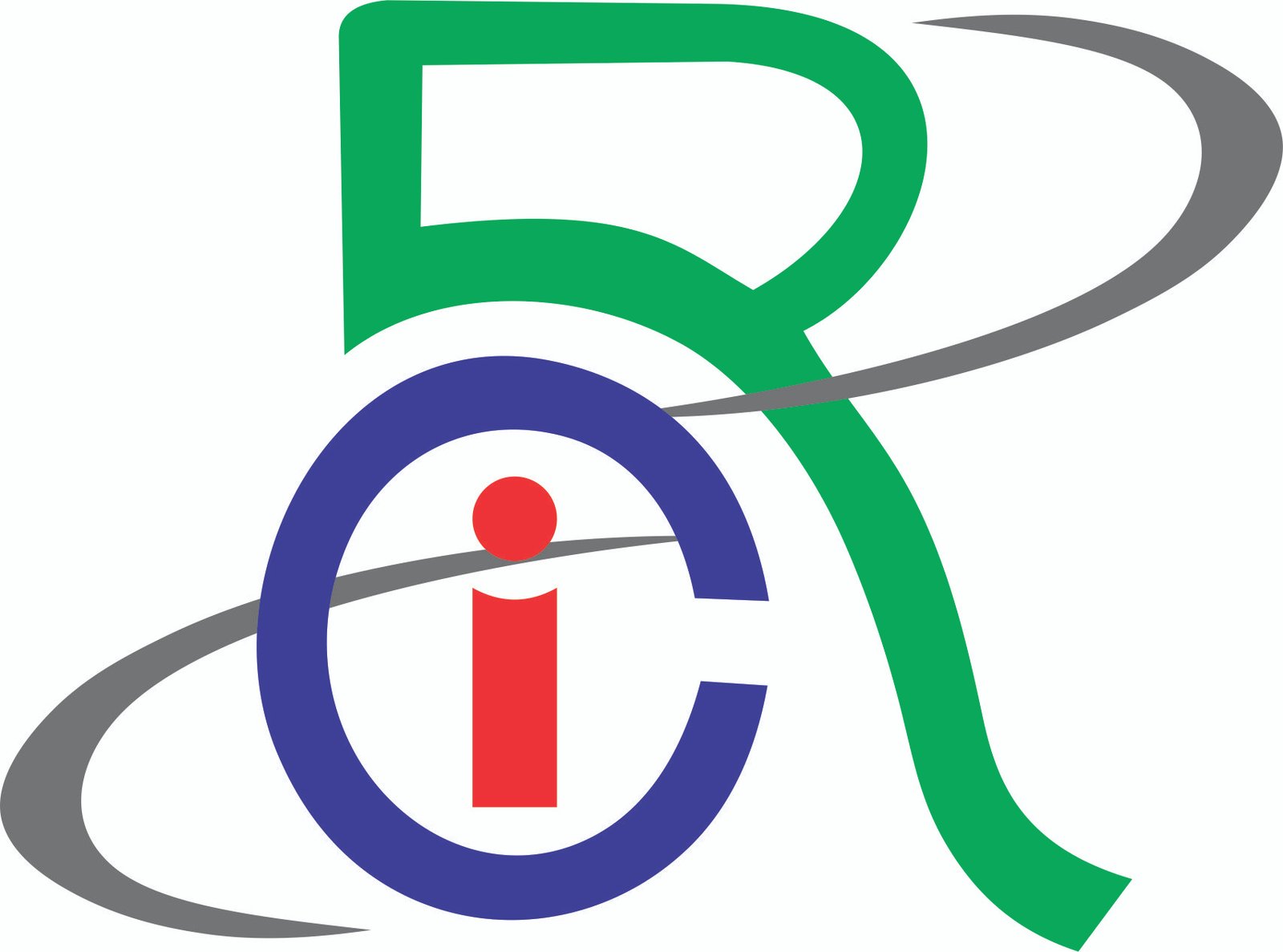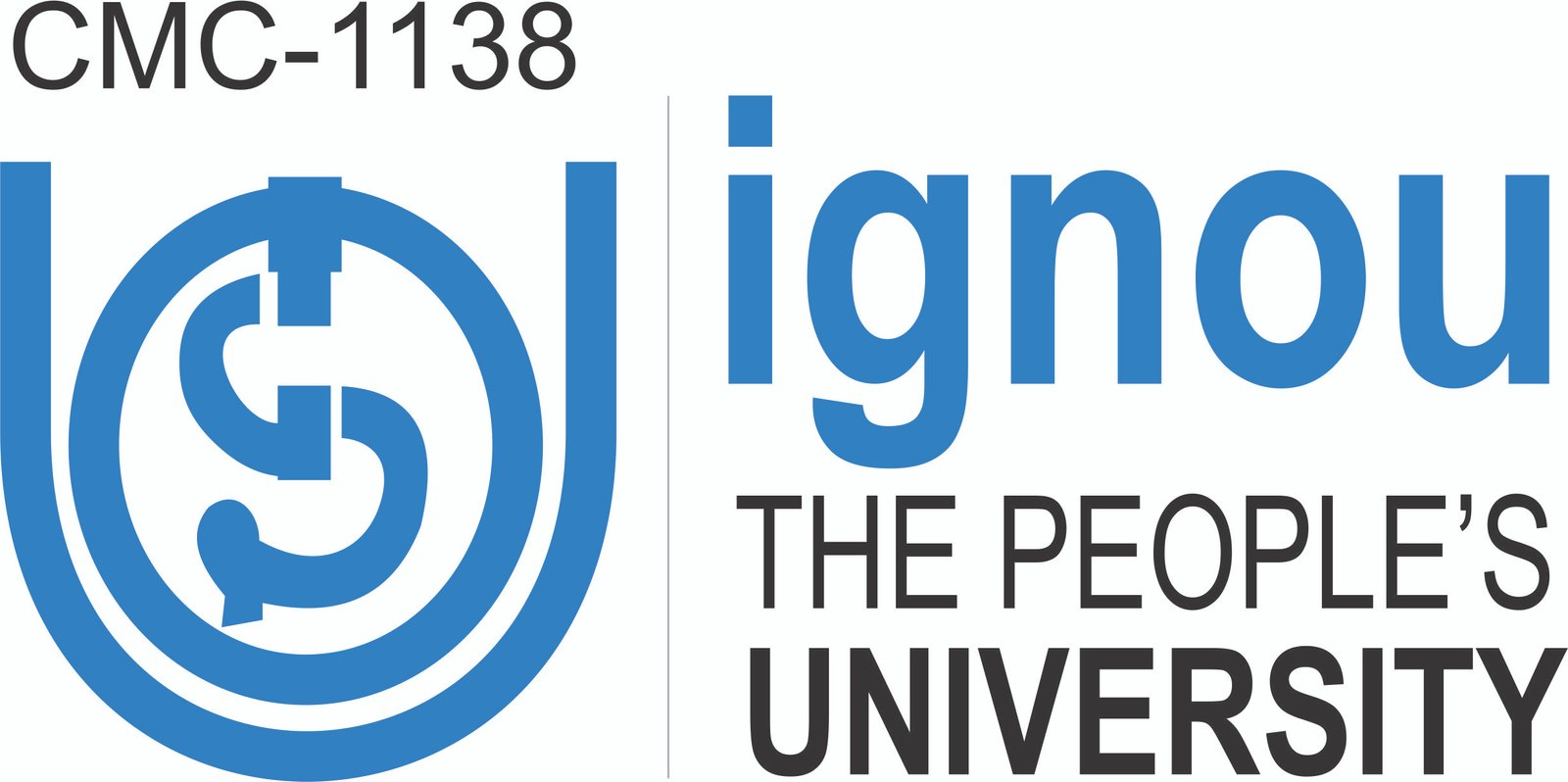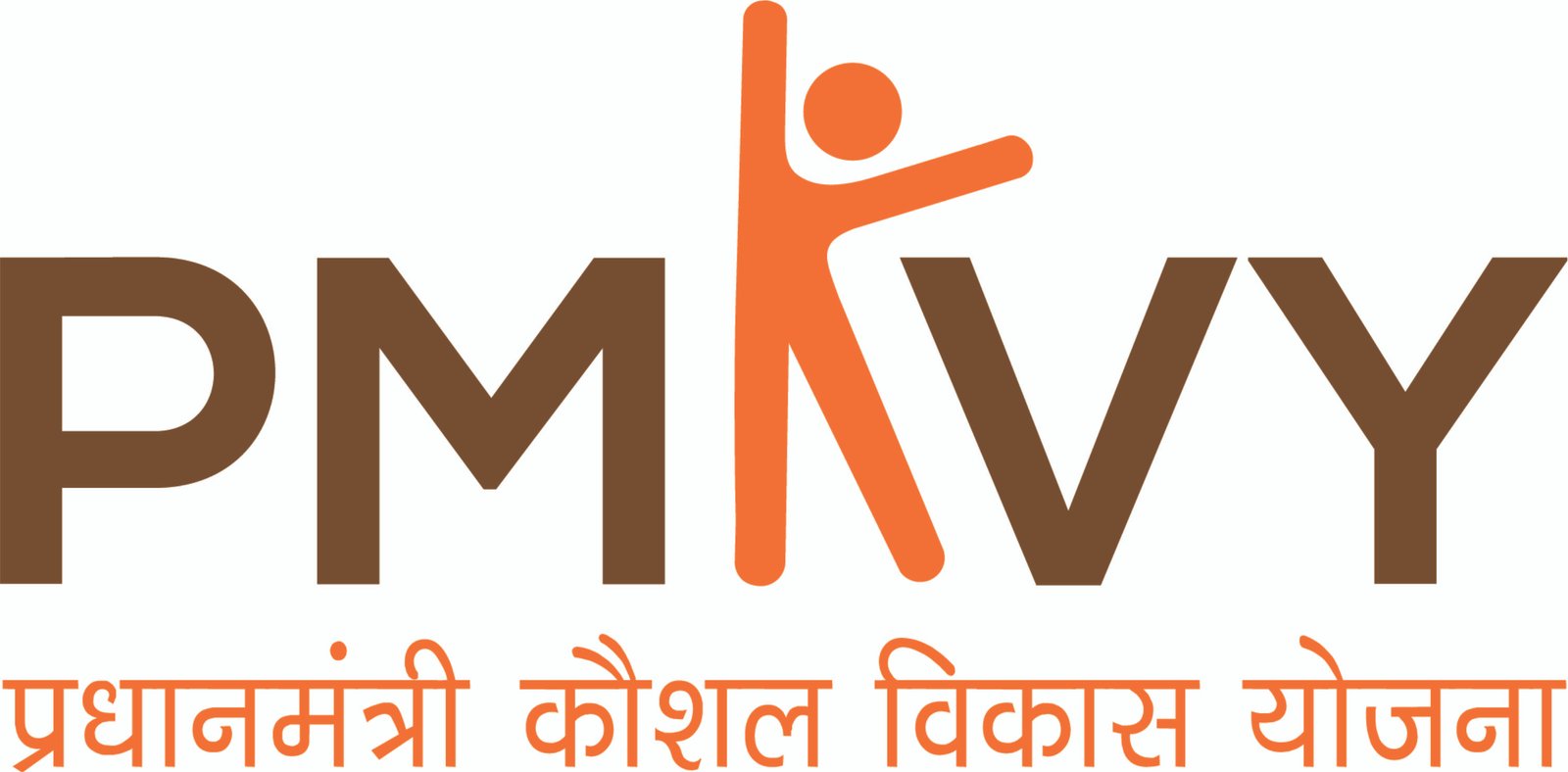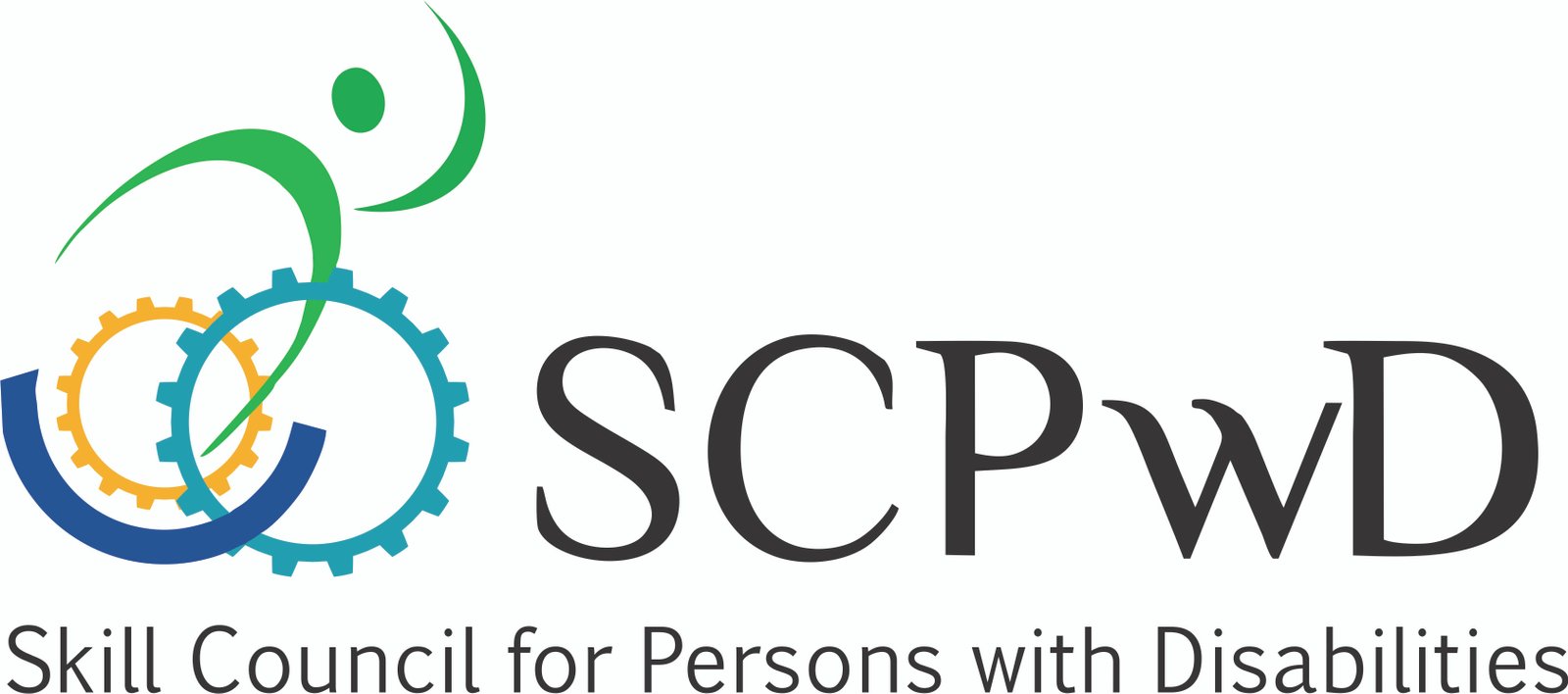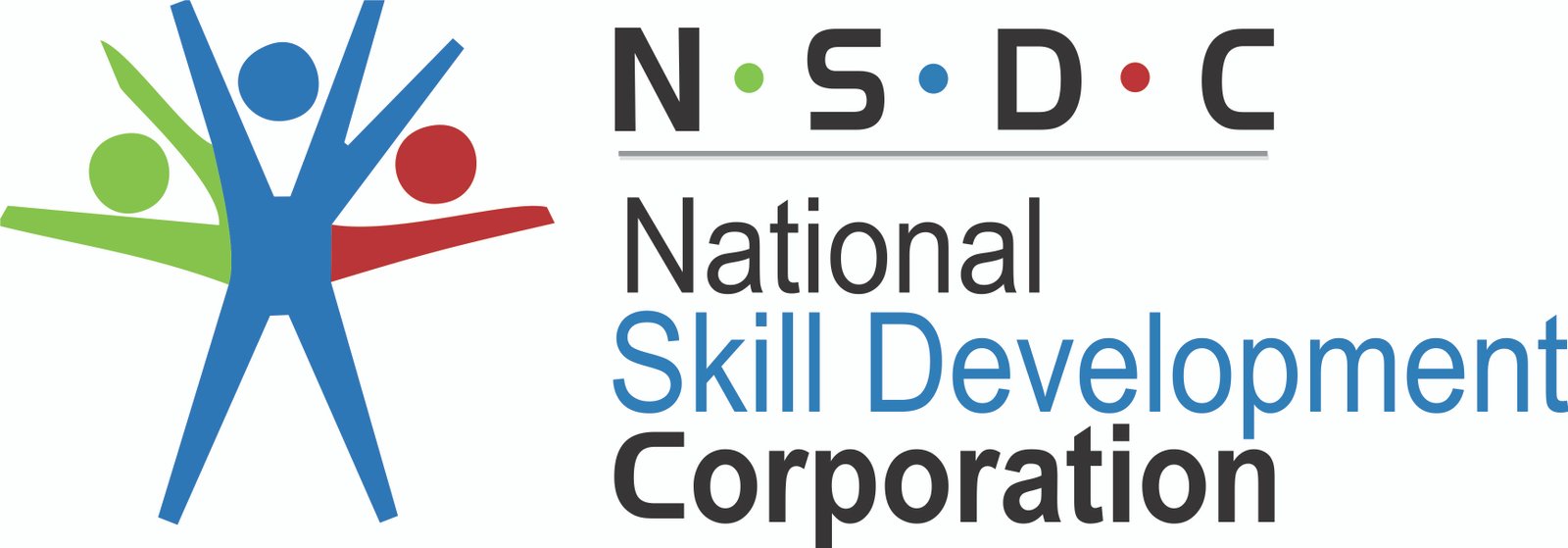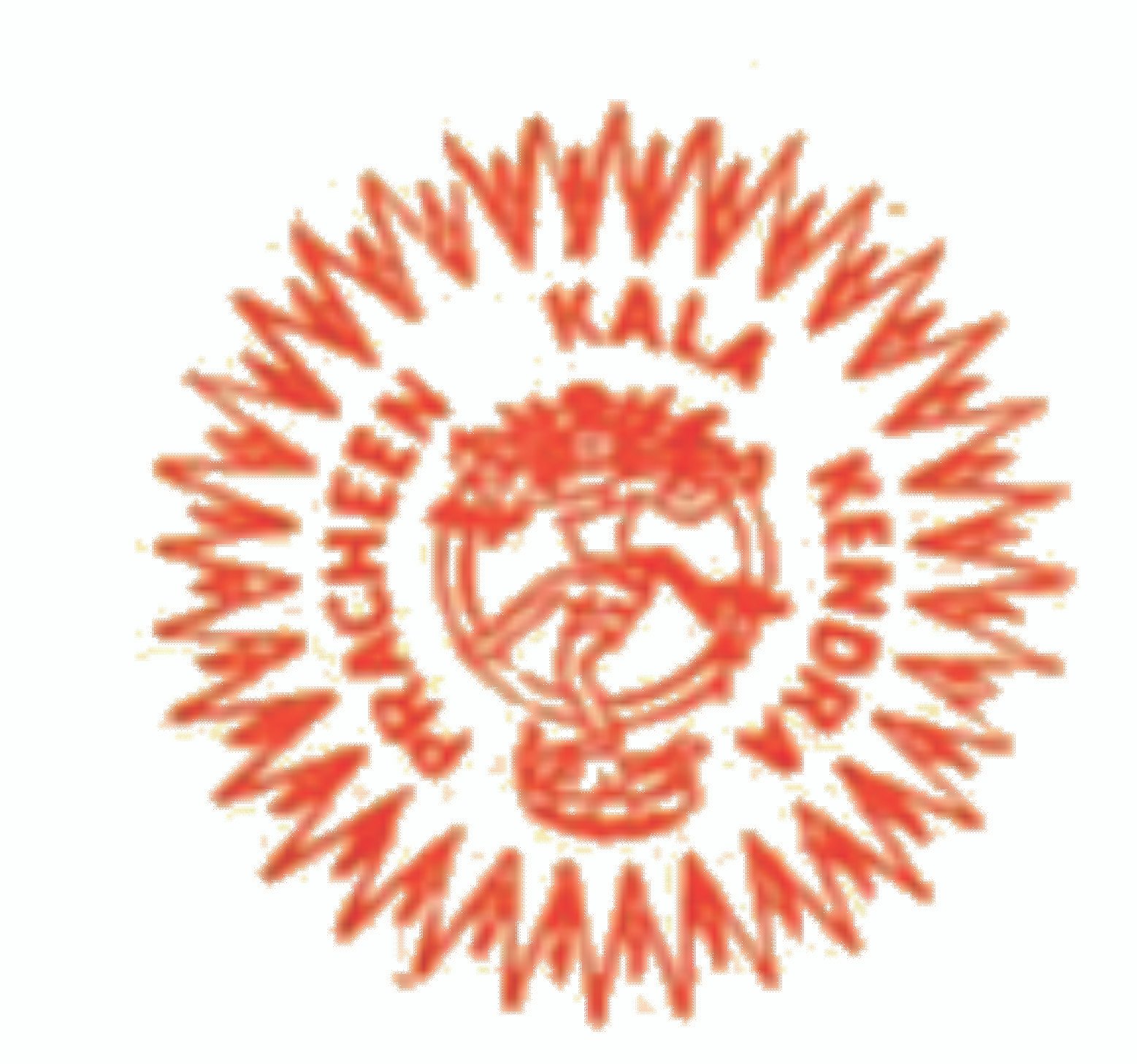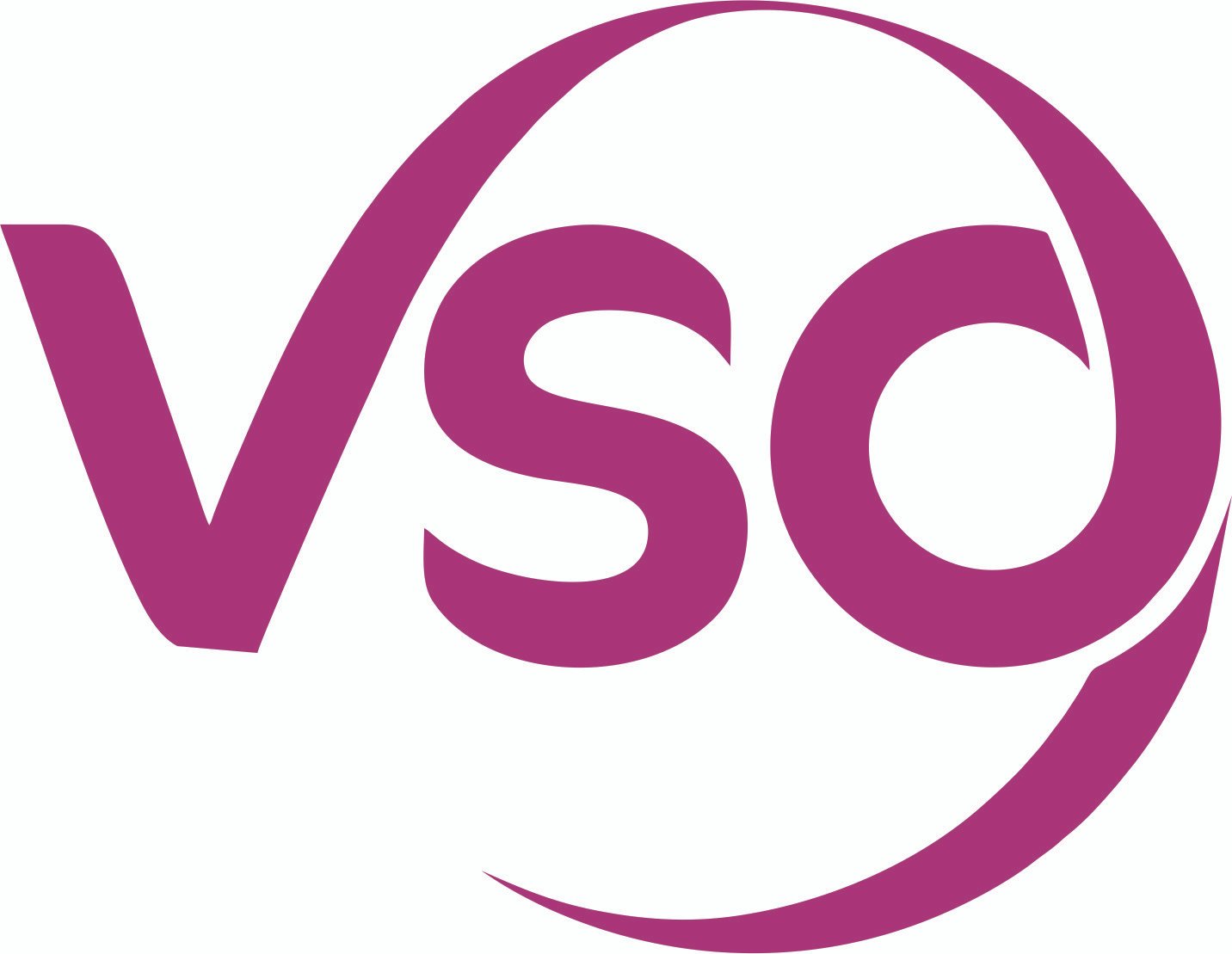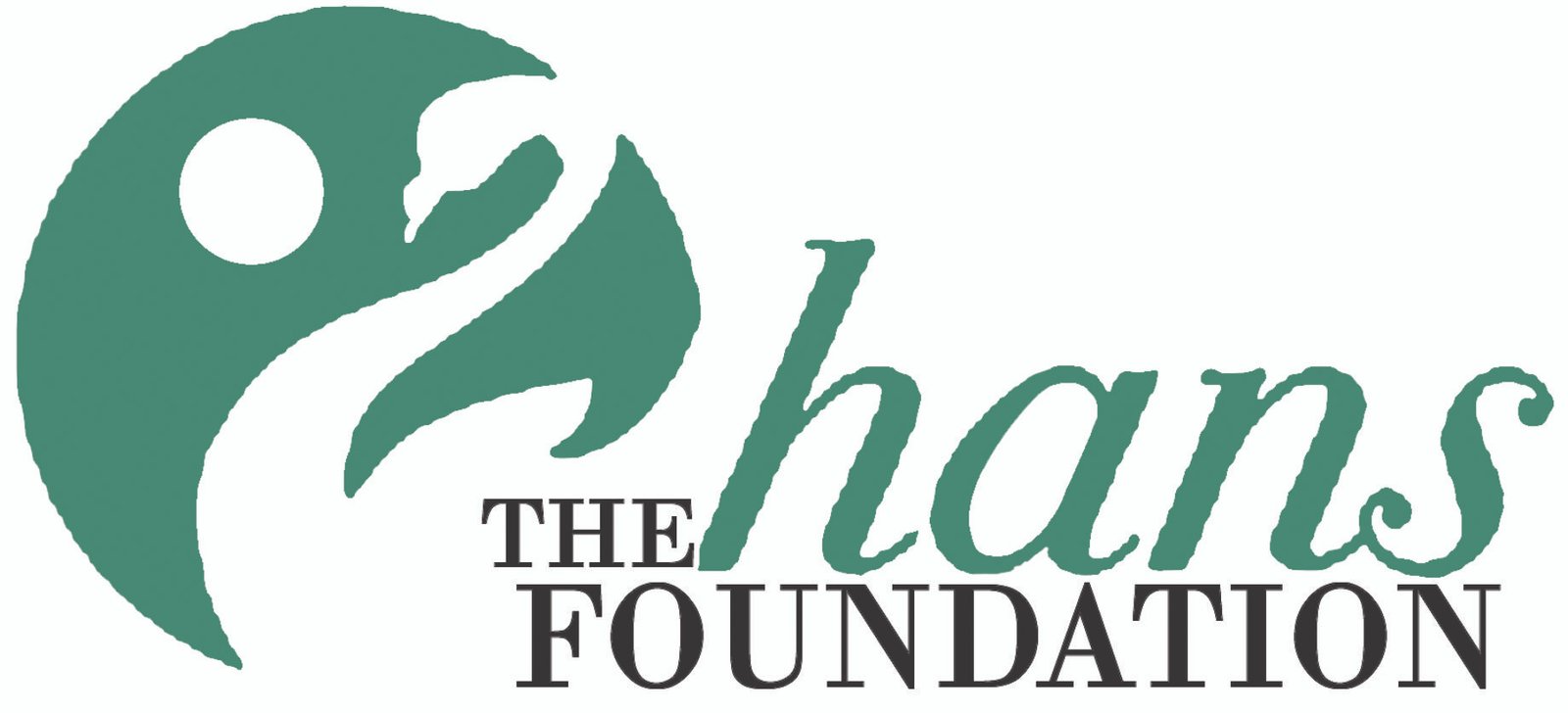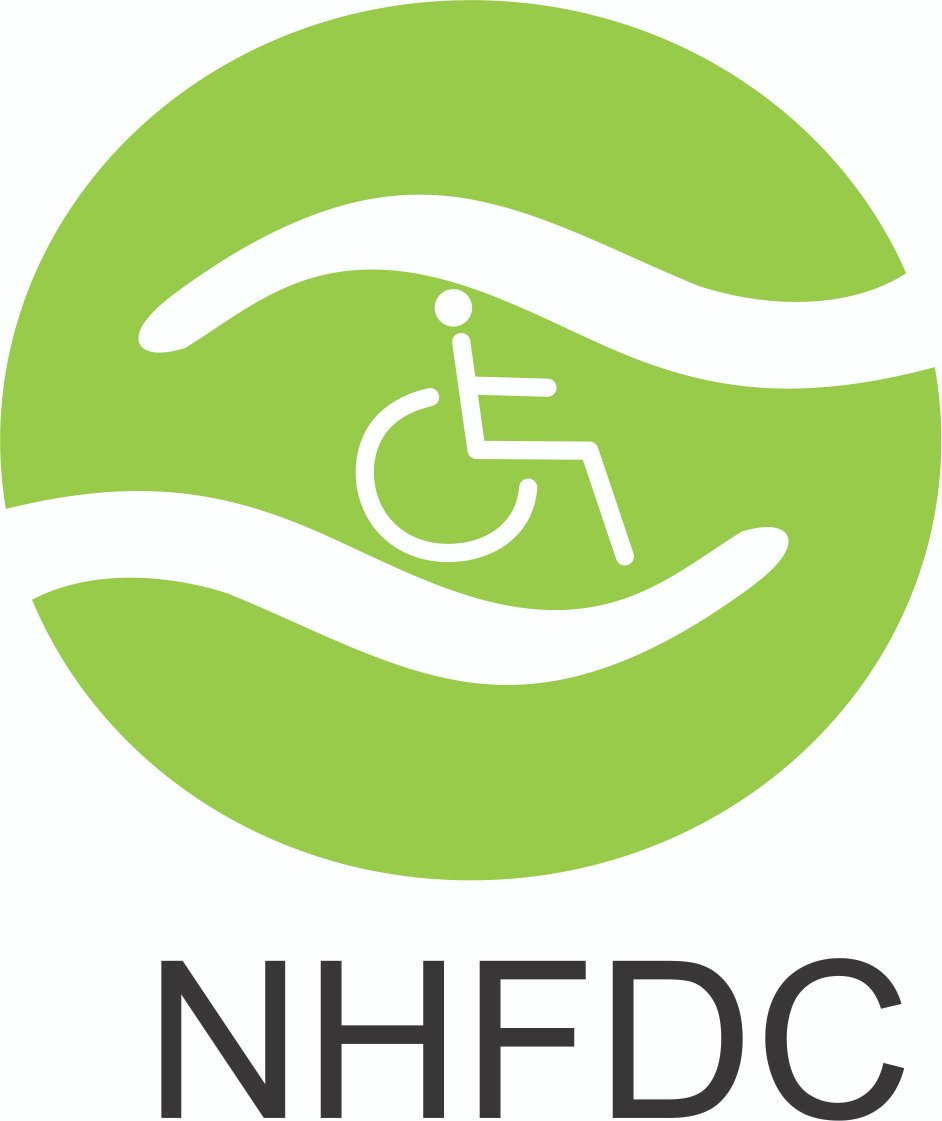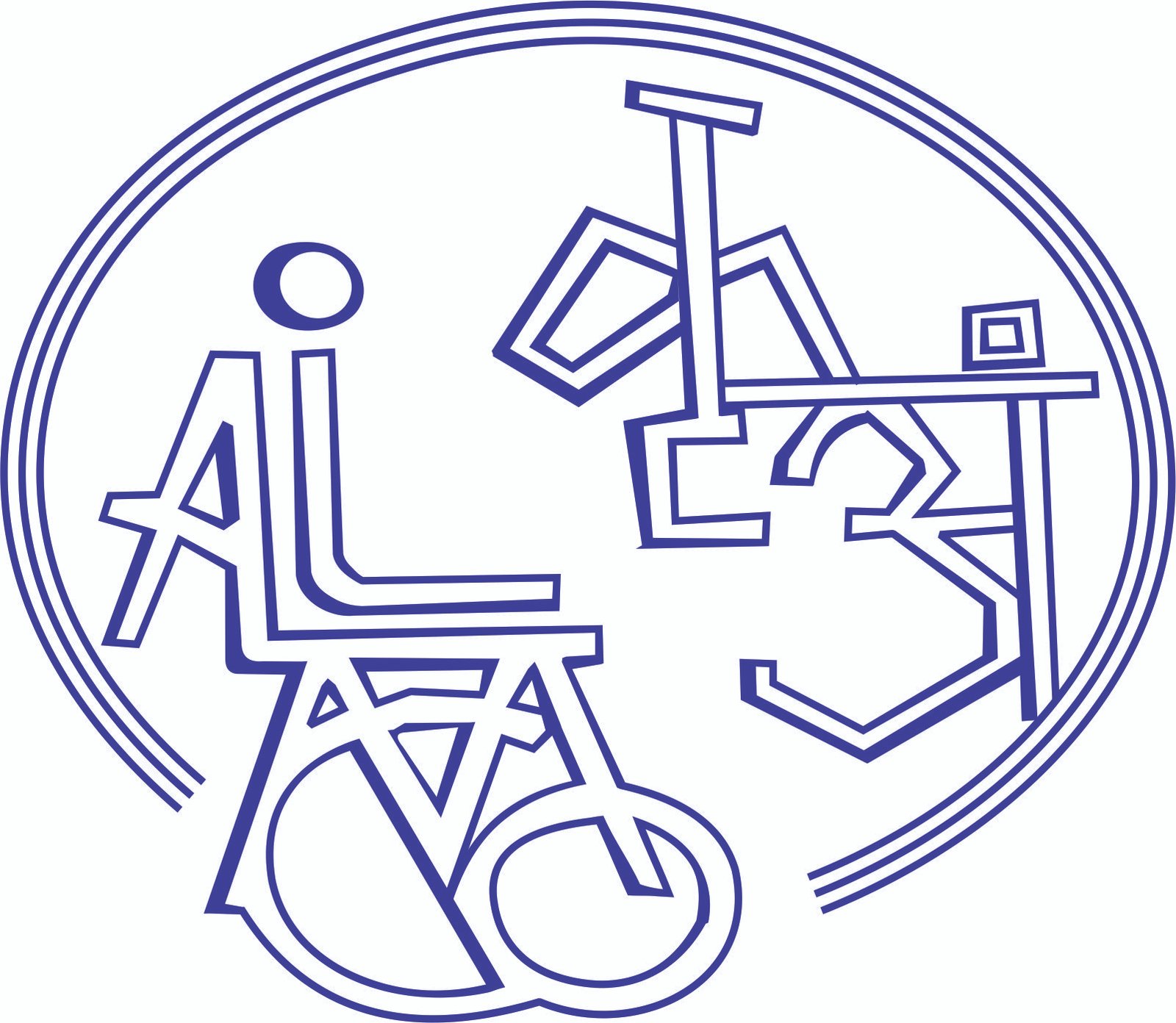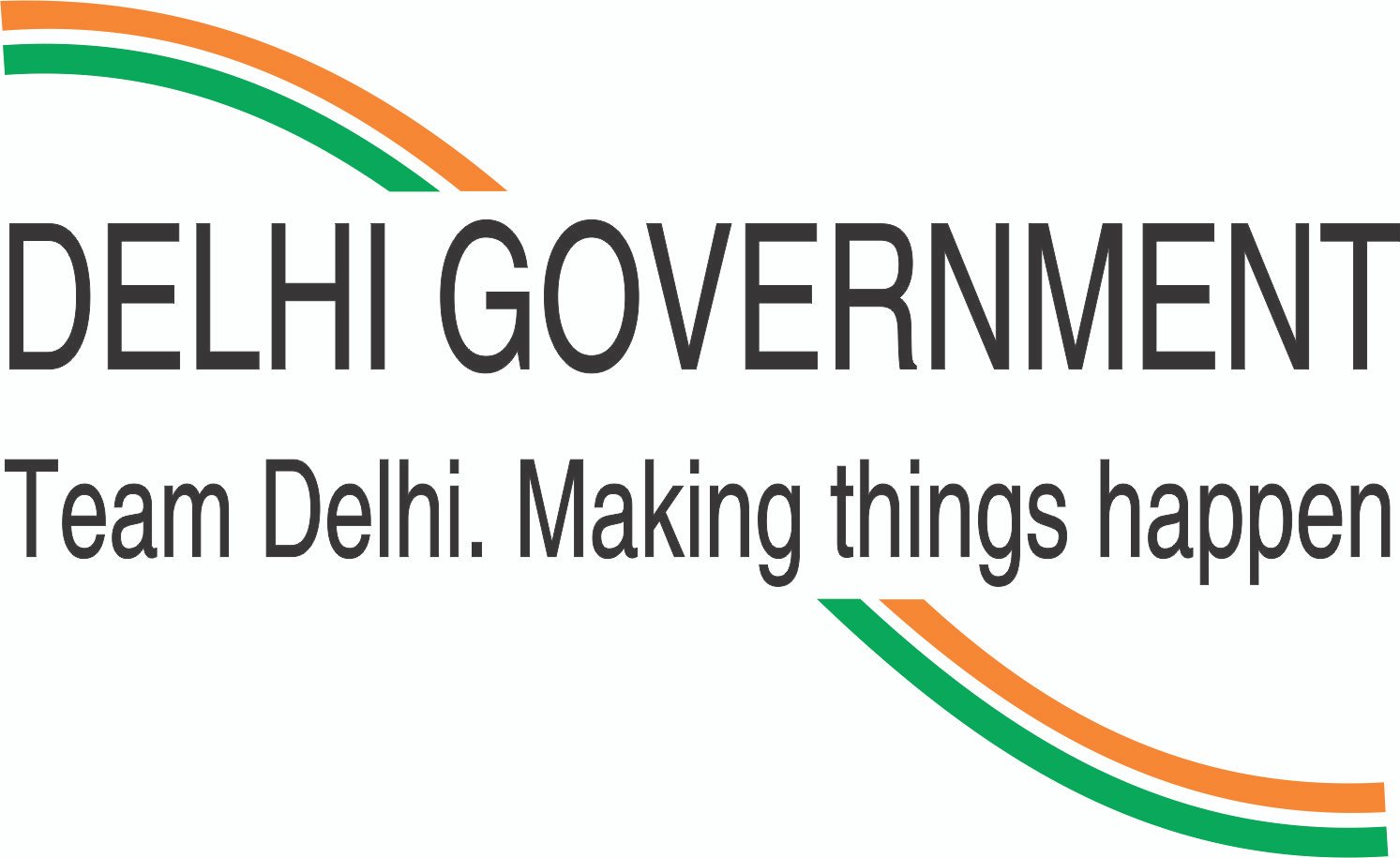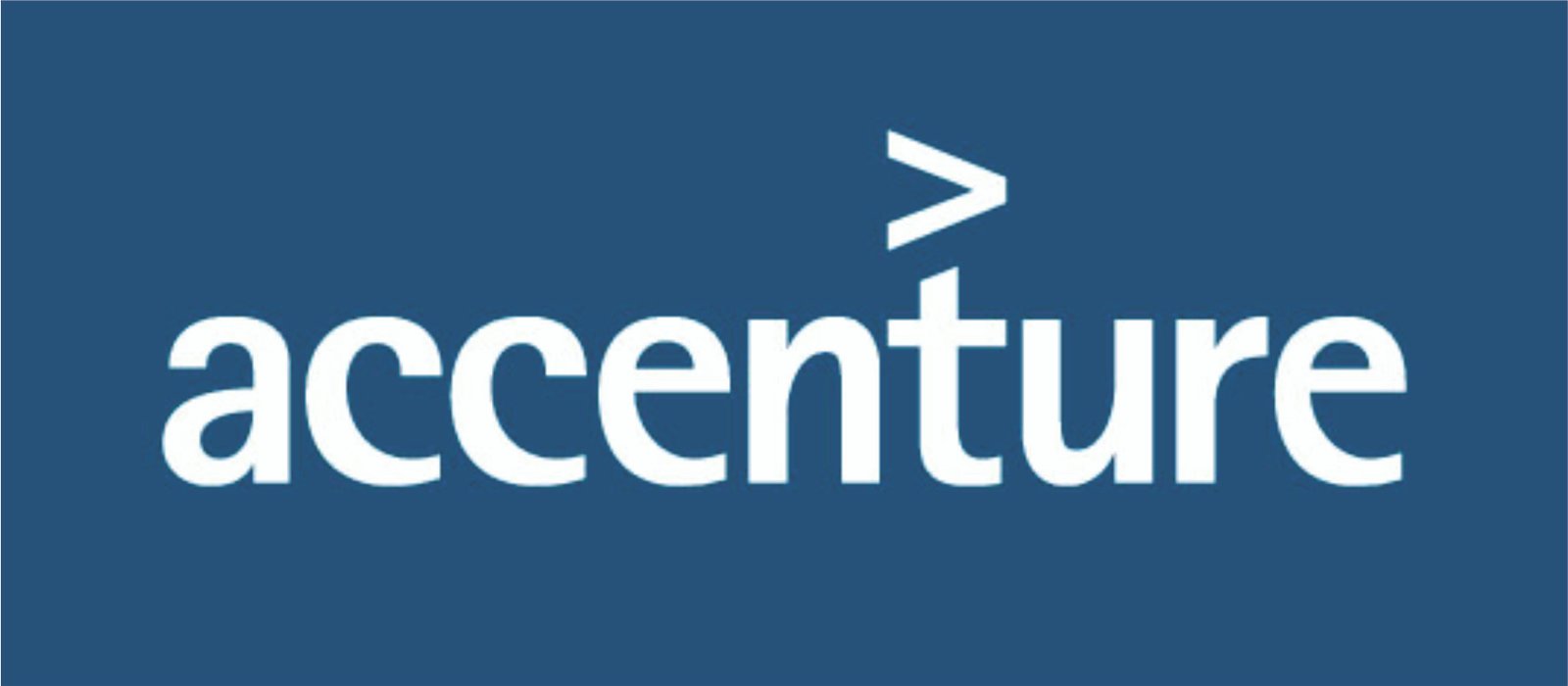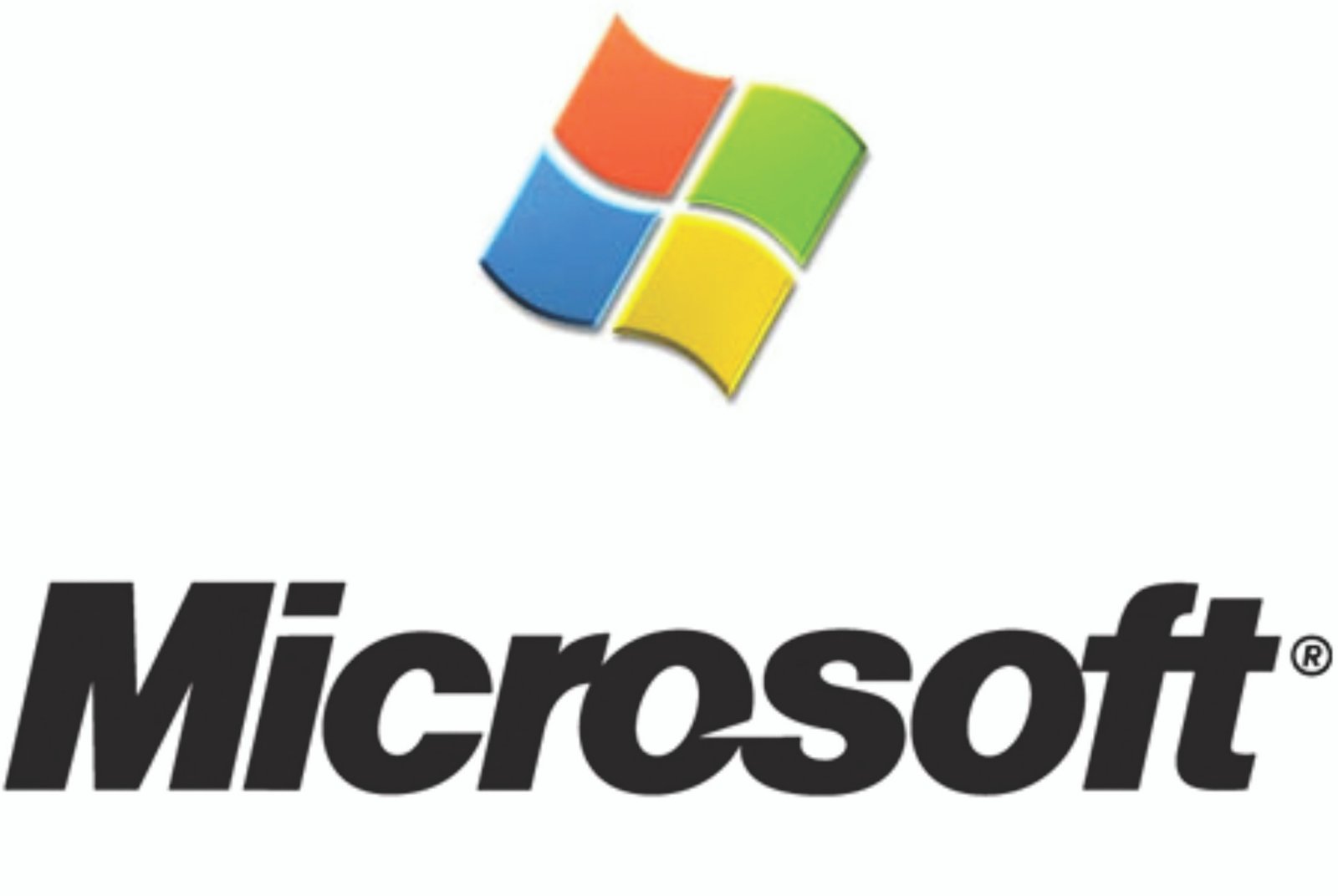Foundation Course for the Students with Specific Disability
Soft Skills: A credit course to develop self-esteem and independence and an understanding of the basic ethics and values required to live companionably with family and colleagues and to study for a certificate/diploma/Degree course of Think College programme.
Course code: SS
Terminal competencies: Effective social and communication skills, an understanding and awareness of self and improved independence.
Total credits: Eight
Duration: 240 hours (100 hours classroom teaching)
Course contents:
|
Practical competencies |
Underpinning knowledge |
Credits |
|
|
Soft Skills: Fundamental Skills: SSF.1 (Total: Two Credits) |
|||
|
Personal care, self-management and stress: SSF1.1 Personal care: hygiene, diet, exercise, and recreation. Appearance and dress. Manners and good behaviour. Bad habits: smoking, alcohol, drugs, spitting. Understanding sex and sexuality. Self awareness, Self evaluation, Self discipline, Self criticism, Recognition of one’s own limits and deficiencies, Independence. Sign and symptoms of stress. Practice different methods of stress relief / management. Yoga and Pranayam/ music with Meditation. |
Personal care, self-management and stress: SSF1.1 Emphasising the importance of the individual, his/her personal behaviour and independence. Recognising human strengths and weaknesses. Planning and goal setting. Managing self: emotions, ego and pride. Recognising the cause and effects of stress and how to deal with them.
|
one credit |
|
|
Ethics and values, motivation and inspiration: SSF1.2 Honesty and trustworthiness. Openness and respect for individuals. Fairness. Helpfulness. Social responsibility. Inclusiveness and equity. Thinking for one self. Independently taking action. Self-motivation. Ability to shape and direct working / process methods according to own standards. |
Ethics and values, motivation and inspiration: SSF1.2 Recognising the importance of ethics and values and the difference between ethical and non-ethical behaviour. Understanding the value of independent thought. Identifying motivation techniques and motivation based on needs and situations.
|
one credit |
|
|
Soft Skills: core skills: SSC1 (Total: Two Credits) |
|||
|
Communication: SSC1.1 Non-verbal communication: appearance, facial expression, posture, gestures, and eye contact. Verbal and writing communication. Selecting the best channel/ medium for communication. Messages: taking, recording, and giving. Effective communication and KISS (keep it short and sweet). Listening skills: good and bad listening. Listening and communication Barriers to communication. Uses of telephones and mobile phones. Taking messages. Transferring phone calls. Telephone etiquette. |
Communication: SSC1.1 Identifying both non-verbal and verbal communication skills and the value of active listening. Appreciating telephone and mobile phone uses and the need for ‘telephone manners’.
|
one credit |
|
|
Competency in speech Hindi and /or English. SSC1.2 Clarity, accents, modulation and intonation, word stress, etc. Feedback and questioning techniques. Objectiveness in arguments (one to one and in groups). Effective communication using the 5Ws (who, what, where, why and when), the 7Cs (control, conversational, confident, competent, calm, clear and concise) & how. |
Competency in speech: Hindi and /or English. SSC1.2 The power of speech and what our speech/voice says about us.
|
one credit |
|
|
Soft Skills: application skills: SSA1 (Total: Two Credits) |
|||
|
Interpersonal, team building and coordinating skills: SSA1.1 Positive relationships (family, friends, work colleagues, teams) Positive attitudes. Empathy: understanding and accepting other people’s opinions. Trust. Emotional bonding. Handling situations. Listening. Team building. An ability to work together. |
Interpersonal skills: SSA1.1 The significance of interpersonal skills and how we can adapt and use them. Appreciating the concepts of group dynamics and team building |
one credit |
|
|
Time management and using transport: SSA1.2 How to tell the time. Why it is useful to be able to tell the time. The different ways we can find out the time. How to manage our time. Different types of public transport. How to use public transport: train, bus, taxi, auto and rickshaw. Keeping safe on public transport. |
Time management and using transport: SSA1.2 Understanding the concept of time and the value of time management especially at work. Appreciating knowing about time when using transport. Knowing how to use public transport with confidence.
|
one credit |
|
|
Soft Skills: practical skills: SSP 1 (Total Two Credits) |
|||
|
Competency in writing: Hindi and /or English. SSP1.1 Making grammatical sentences. Paragraph writing. Writing messages and reporting. Writing a letter. Recording and noting detail. Etiquette and manners. |
Competency in writing: Hindi and /or English. SSP1.1 Making you understood in writing. Communicating/recording/reporting
|
one credit |
|
|
Putting into practice: SSP 1.2 Production of a folder telling a story about a journey to show understanding about communication, time management, and transport. Role-play to show teamwork and how the team can help one of the team with stress. |
Putting into practice: SSP 1.2 An opportunity for students to apply the theory and practical knowledge acquired during the course. |
one credit (half for each assignment) |
|







